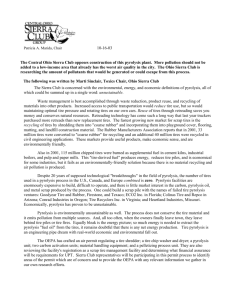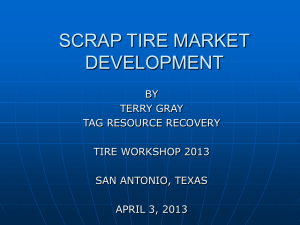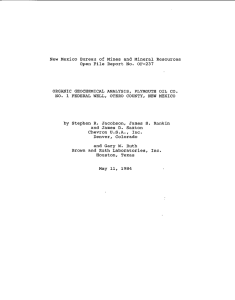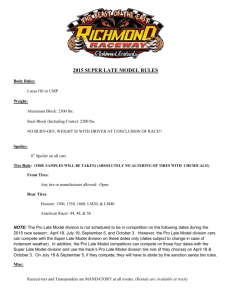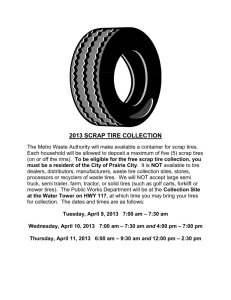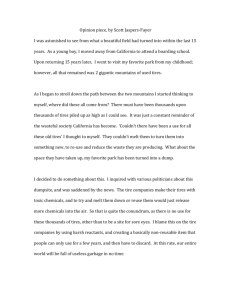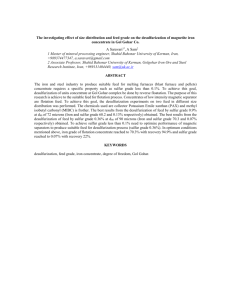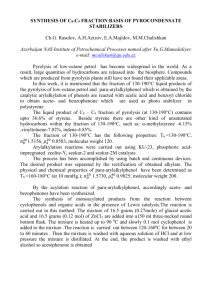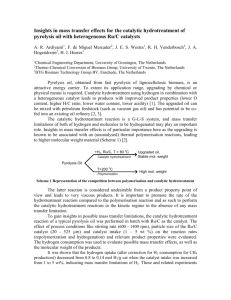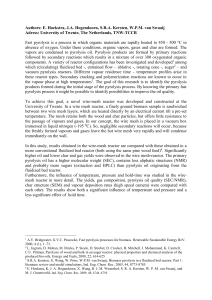NiMo/HBETA asCatalysts with Dual Functions Beneficial to Waste
advertisement
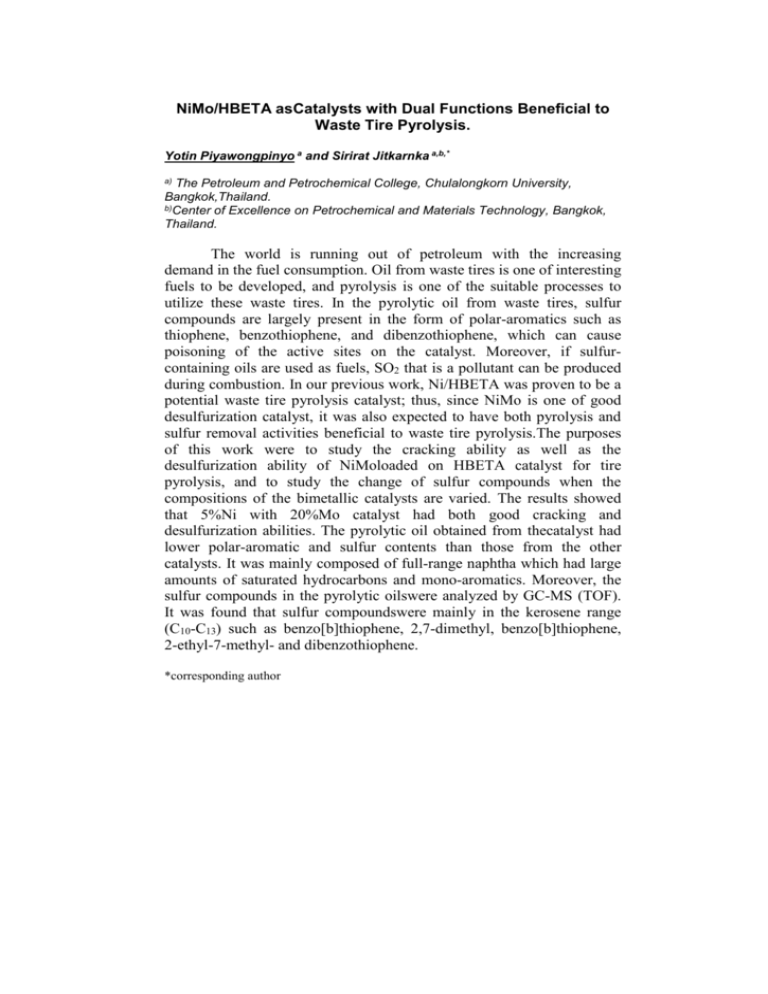
NiMo/HBETA asCatalysts with Dual Functions Beneficial to Waste Tire Pyrolysis. Yotin Piyawongpinyo a and Sirirat Jitkarnka a,b,* a) The Petroleum and Petrochemical College, Chulalongkorn University, Bangkok,Thailand. b)Center of Excellence on Petrochemical and Materials Technology, Bangkok, Thailand. The world is running out of petroleum with the increasing demand in the fuel consumption. Oil from waste tires is one of interesting fuels to be developed, and pyrolysis is one of the suitable processes to utilize these waste tires. In the pyrolytic oil from waste tires, sulfur compounds are largely present in the form of polar-aromatics such as thiophene, benzothiophene, and dibenzothiophene, which can cause poisoning of the active sites on the catalyst. Moreover, if sulfurcontaining oils are used as fuels, SO2 that is a pollutant can be produced during combustion. In our previous work, Ni/HBETA was proven to be a potential waste tire pyrolysis catalyst; thus, since NiMo is one of good desulfurization catalyst, it was also expected to have both pyrolysis and sulfur removal activities beneficial to waste tire pyrolysis.The purposes of this work were to study the cracking ability as well as the desulfurization ability of NiMoloaded on HBETA catalyst for tire pyrolysis, and to study the change of sulfur compounds when the compositions of the bimetallic catalysts are varied. The results showed that 5%Ni with 20%Mo catalyst had both good cracking and desulfurization abilities. The pyrolytic oil obtained from thecatalyst had lower polar-aromatic and sulfur contents than those from the other catalysts. It was mainly composed of full-range naphtha which had large amounts of saturated hydrocarbons and mono-aromatics. Moreover, the sulfur compounds in the pyrolytic oilswere analyzed by GC-MS (TOF). It was found that sulfur compoundswere mainly in the kerosene range (C10-C13) such as benzo[b]thiophene, 2,7-dimethyl, benzo[b]thiophene, 2-ethyl-7-methyl- and dibenzothiophene. *corresponding author
